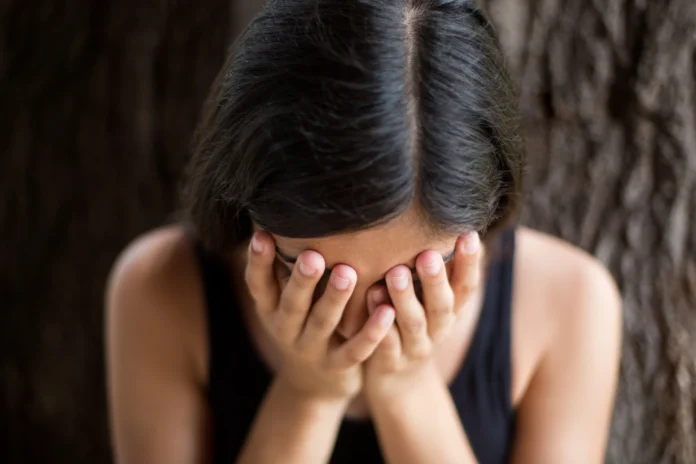“LOWE: I think we are looking at people feeling worried about a real threat to human existence. Anecdotally, I have heard from clinicians who have clients presenting in their offices talking about their anxieties related to climate change, and clinicians not really being sure what to do about it. It’s not something that’s in the person’s head. A lot of what cognitive behavioral therapists do is have people document the thoughts that accompany their worries and ask them to dismantle them and say, Is this realistic? For climate change I don’t think it would be appropriate for clinicians to challenge those thoughts. I think when people are anxious about realistic threats, a mindfulness and acceptance approach can be helpful. Not acceptance that you shouldn’t do anything about climate change but rather to recognize that someone is feeling anxious about climate change and to help them harness that anxiety for something good.
“LOWE: Engaging in collective action can have a multitude of benefits including social connectedness with people who share similar goals and values. We know from a large body of literature that social support is one of the strongest predictors of mental well-being. We also thought that individuals who engaged in collective action—particularly if they saw those actions as having an impact—could have a stronger sense of self-efficacy and hope for the future. On the other hand, there’s some research that people who engage in activism can be at risk for burnout. Theoretically if someone was engaging with all these actions and not seeing changes at a larger level, that might contribute to a sense of hopelessness. What we found in our research is just statistical, so I think more work needs to be done on the processes by which collective action could prevent climate anxiety from turning into feelings of hopelessness and despair.
“LOWE: That’s a really good question and definitely ripe for future research. I think theoretically there is a difference between, for example, showing up at a single protest with a couple of friends versus being engaged in a longer-term effort where you’re working with other people, establishing relationships, and you can see the fruits of your hard work in terms of policy changes. I would imagine that sustained engagement in a cause could be beneficial. At the same time, individuals should exercise self-awareness to know whether they are burned out and to try to engage with those feelings,” (Leiserowitz & Lowe, 2023).
This article was relatable for me, which I appreciated. Lowe’s statements about long-term vs. short-term protesting reminded me of my struggles as someone who’s trying to fight this fight. It’s always a balance between doing what you think is right and what you actually have the resources to do. I wonder if there was some way support for people trying to grapple with these issues, would it help ease their anxieties? Sometimes I wish I could just sit down and tell someone all of the climate issues I hear about, then have them outline reasonable steps to take. If I had this type of support, maybe I would feel less guilt about not solving every problem.
Maybe ODNR could offer something like that, or offer programming to help address climate anxiety and climate grief. As Lowe states, it is likely more beneficial to become involved in community efforts where you can see change happening instead of dropping in and out to different events.
References
Leiserowitz, A., & Lowe, S. (2023, March 13). Yale experts explain climate
anxiety [Interview transcript]. Yale Sustainability. Retrieved
September 12, 2024, from https://sustainability.yale.edu/explainers/
yale-experts-explain-climate-anxiety
[Woman crying]. (2017, March 1). Scientific American.
https://www.scientificamerican.com/article/why-do-we-cry1/




